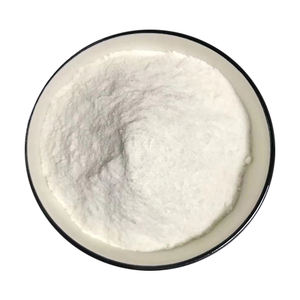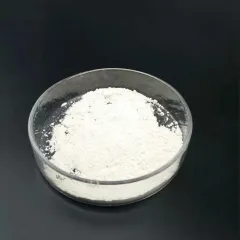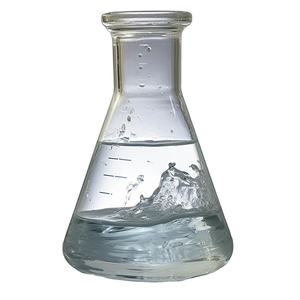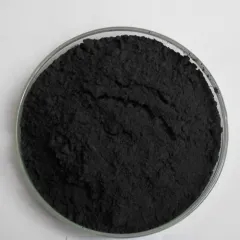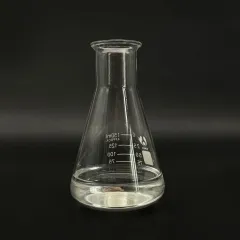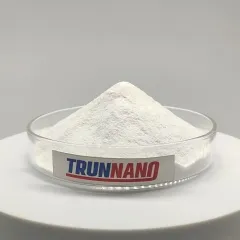Introduction to Potassium Silicate Fertilizer
Potassium silicate (K2SiO3) is becoming an important component in modern farming techniques, providing distinct benefits that improve crop health and efficiency. This fertilizer not only supplies crucial nutrients but also strengthens plant resistance against diseases and environmental stresses. This post discovers the residential or commercial properties, applications, market fads, and future prospects of potassium silicate fertilizer, disclosing its transformative impact on lasting agriculture.
(TRUNNANO Potassium Silicate Powder)
The Structure and Benefits of Potassium Silicate
Potassium silicate is composed of potassium (K) and silicon (Si), both critical aspects for plant development. Potassium plays a critical role in regulating water equilibrium, turning on enzymes, and enhancing photosynthesis, while silicon strengthens cell wall surfaces, improving structural integrity and strength. With each other, they promote durable origin advancement, reliable nutrient uptake, and enhanced stress and anxiety resistance. Furthermore, potassium silicate helps in reducing soil acidity, producing a much more favorable environment for valuable bacteria. Its eco-friendly nature lines up with worldwide sustainability objectives, making it an attractive option for ecologically mindful farmers.
Applications Throughout Agricultural Practices
1. Enhancing Plant Health And Wellness and Yield: Potassium silicate dramatically improves plant health and wellness by reinforcing plant tissues and increasing resistance to pathogens. It advertises thicker leaves and stems, bring about much better photosynthesis and greater returns. Research studies have actually shown that plants treated with potassium silicate show boosted vigor and lowered susceptibility to conditions such as grainy mold and rust. This fortified defense mechanism makes certain healthier plants and even more productive harvests, benefiting both small farmers and big agribusinesses.
2. Stress Tolerance and Ecological Flexibility: Among the standout attributes of potassium silicate is its capacity to boost plant strength under unfavorable conditions. It boosts tolerance to abiotic anxieties such as dry spell, salinity, and temperature level extremes. By strengthening cell walls and boosting water retention, potassium silicate aids plants endure rough atmospheres without jeopardizing return. This flexibility is particularly important in regions dealing with environment adjustment obstacles, where preserving farming efficiency is crucial for food safety and security.
3. Soil Health And Wellness and Sustainability: Potassium silicate contributes to lasting dirt health by stabilizing pH degrees and promoting microbial activity. It lowers dirt acidity, which can be harmful to plant development, and produces an ideal environment for helpful germs and fungi. These microorganisms play an essential function in vitamins and mineral cycling and dirt structure, enhancing overall fertility. The use of potassium silicate also sustains sustainable farming techniques by lowering the need for chemical pesticides and fertilizers, thereby reducing ecological influence.
Market Fads and Development Chauffeurs: A Positive Point of view
1. Sustainability Efforts: The global push for sustainable farming has thrust potassium silicate right into the limelight. Originated from natural resources and having very little ecological impact, potassium silicate straightens well with eco-friendly farming methods. Suppliers progressively include it into formulas to satisfy growing customer need for natural and lasting items. As awareness of ecological issues increases, the fostering of potassium silicate is expected to enhance, driving market growth.
2. Technical Innovations in Farming: Fast advancements in farming innovation need innovative solutions that enhance productivity and effectiveness. Potassium silicate’s function in boosting crop wellness and return settings it as a crucial element in contemporary farming techniques. Innovations in precision agriculture and smart farming further increase its application potential, setting new benchmarks in the market. The combination of potassium silicate in these sophisticated systems showcases its versatility and future-proof nature.
3. Increasing Need for Organic Products: Customer choices are changing towards natural and non-GMO items, driving the need for all-natural plant foods like potassium silicate. Organic farming techniques focus on the use of eco-friendly inputs, making potassium silicate an optimal choice. Its ability to improve plant wellness without artificial chemicals straightens with organic accreditation requirements, positioning it as a recommended choice for farmers and consumers alike. The growing fad towards healthy and sustainable living gas the market for potassium silicate-based items.
Challenges and Limitations: Browsing the Path Forward
1. Price Considerations: Despite its numerous advantages, potassium silicate can be extra expensive than typical plant foods. This price variable may restrict its adoption in cost-sensitive markets, specifically in establishing regions. Makers must stabilize performance advantages against economic restraints when choosing materials, requiring tactical planning and development. Attending to price barriers will be crucial for more comprehensive adoption and market infiltration.
2. Technical Competence: Efficiently integrating potassium silicate into farming practices needs specialized knowledge and application techniques. Small-scale farmers or those not familiar with its benefits might deal with difficulties in maximizing its usage without appropriate know-how and equipment. Connecting this space via education and accessible modern technology will certainly be vital for wider adoption. Encouraging stakeholders with the required skills will open potassium silicate’s complete prospective across markets.
( TRUNNANO Potassium Silicate Powder)
Future Potential Customers: Advancements and Opportunities
The future of the potassium silicate market looks appealing, driven by the raising need for lasting and high-performance farming products. Recurring r & d will lead to the production of brand-new solutions and applications for potassium silicate. Developments in controlled-release modern technologies, naturally degradable products, and eco-friendly chemistry will better enhance its worth recommendation. As industries focus on performance, toughness, and ecological duty, potassium silicate is poised to play a pivotal duty in shaping the future of agriculture. The continuous evolution of potassium silicate guarantees amazing chances for advancement and development.
Conclusion: Accepting the Possible of Potassium Silicate Fertilizer
In conclusion, potassium silicate fertilizer is changing agriculture by improving crop health, resilience, and sustainability. Its special composition and wide-ranging benefits provide considerable advantages, driving market development and advancement. Understanding the differences in between different grades of potassium silicate and its prospective applications enables stakeholders to make enlightened decisions and capitalize on emerging chances. As we want to the future, potassium silicate’s function in advancing lasting and reliable farming options can not be overstated. Embracing potassium silicate means accepting a future where innovation satisfies sustainability in farming.
Premium Potassium Silicate Supplier
TRUNNANO is a supplier of Nano Silicon Dioxide with over 12 years experience in nano-building energy conservation and nanotechnology development. It accepts payment via Credit Card, T/T, West Union and Paypal. Trunnano will ship the goods to customers overseas through FedEx, DHL, by air, or by sea. If you want to know more about Nano Silicon Dioxide, please feel free to contact us and send an inquiry.(sales5@nanotrun.com)
All articles and pictures are from the Internet. If there are any copyright issues, please contact us in time to delete.
Inquiry us


